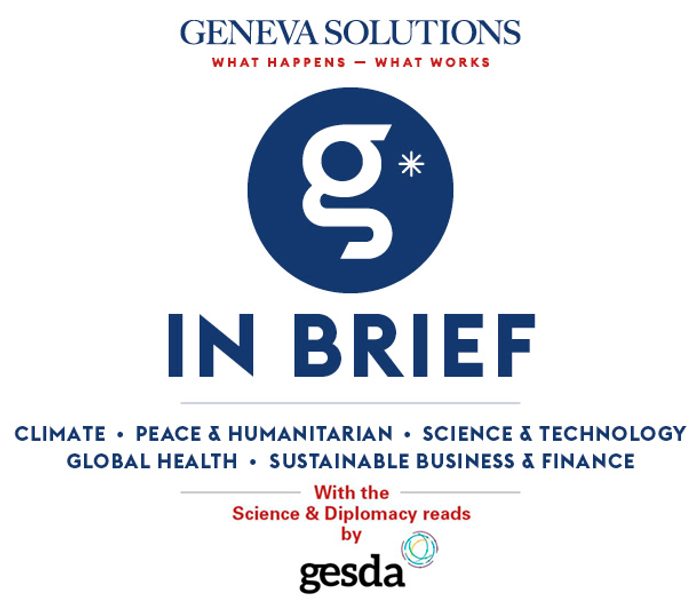|
In the pan, a hamburger.
The first one having been produced with meat cells grown not in an animal, but in a laboratory! We are in a London suburb, in August 2013. A group of about 200 journalists – lucky me amongst them – was invited to attend the live tasting of this first “cultured” piece of flesh. And to discover all the promises that go along with it, the two main ones being first to produce meat without having to feed animals and hence reduce the impacts on the environment, and, second, to… not kill any animal.
Now, seven years later, the first tiny pieces of lab-grown chicken have been approved for consumption in a restaurant in Singapore. Reading this fascinating news, it shows that we have come a long way. But there is a caveat: the costs. The high price of the growth factors required to develop the cells mean the price tags for pure cultured meat products are still measured in hundreds of dollars per kilo! So the Singapore restaurant’s first chicken meals will be chicken “bites” that use cultured chicken cells mixed with plant protein.
“We need a space-race-type commitment toward making meat from plants or growing it from cells,” says Bruce Friedrich, executive director of the Good Food Institute, a nonprofit that works in meat alternatives. “We need a Manhattan Project focused on remaking meat.” Not impossible at all. But still another long way to go.
-Olivier Dessibourg
(EN)
|









